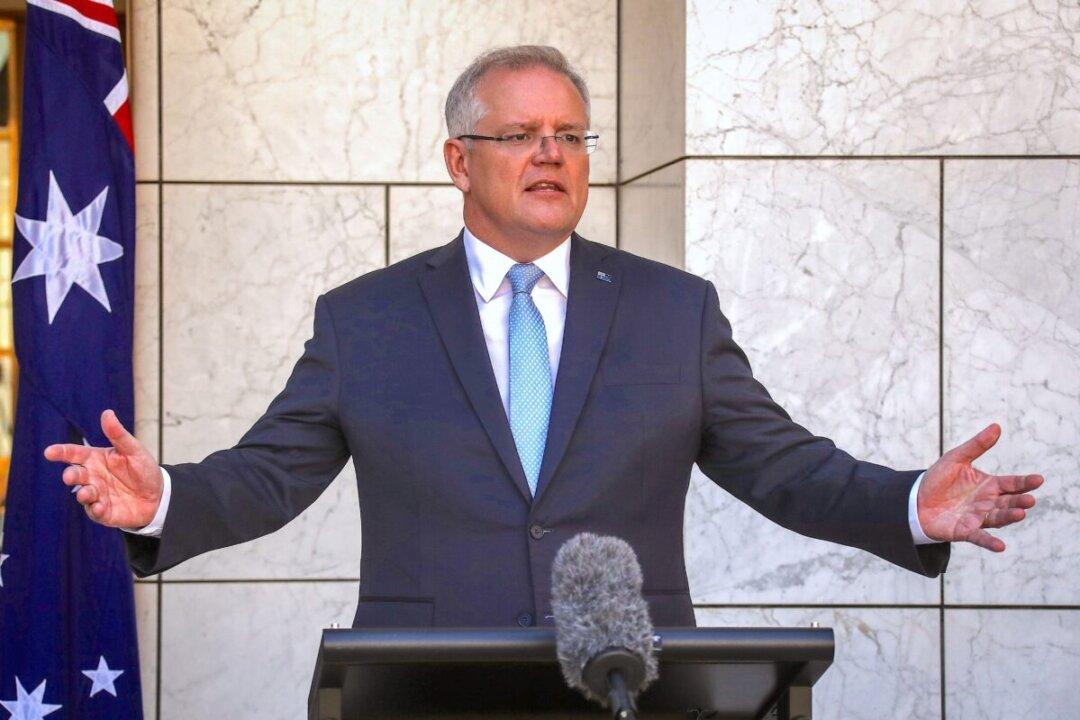Australia will call for an independent international review of how the Chinese Communist Party (CCP) and the World Health Organization (WHO) handled the outbreak of the CCP virus.
Speaking to ABC Insiders, Foreign Affairs Minister Marise Payne said it’s essential that an independent investigation probe the initial outbreak, which has since infected more than 2 million people and caused economic crises in many countries.




